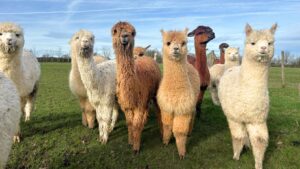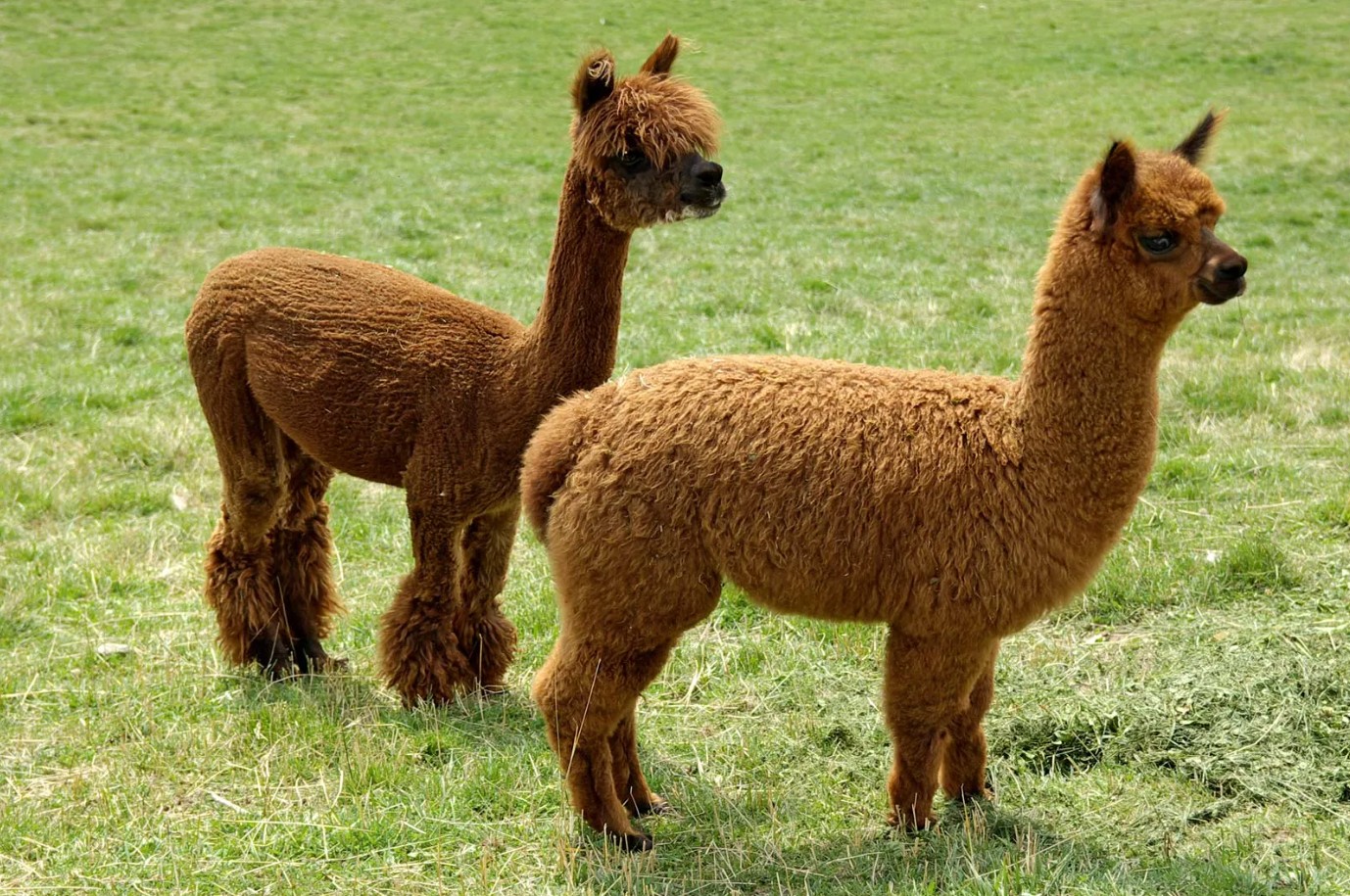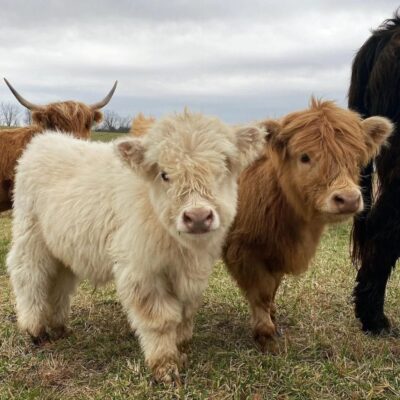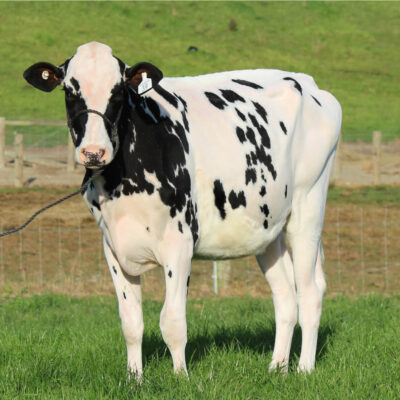Description
Alpacas for Sale: Your Complete Guide to Buying the Perfect Alpaca
Looking to buy alpacas for your farm, hobby, or business? Whether you’re a seasoned alpaca owner or a beginner, purchasing alpacas can be an exciting venture. This comprehensive guide will provide you with everything you need to know, from choosing the right alpacas for sale to finding trustworthy breeders and understanding what to look for in healthy animals.

Where to Find Alpacas for Sale: Trusted Sources for Your Purchase
When purchasing alpacas, selecting the right source is essential for both the health of the animals and the success of your farm. Here are some of the most reliable places to find alpacas for sale:
1. Alpaca Farms and Breeders
The best way to find alpacas is through reputable alpaca farms and experienced breeders. These professionals specialize in breeding healthy and high-quality alpacas and can guide you through the purchasing process. Visiting alpaca farms in person allows you to meet the animals face-to-face, assess their health, and see how they are raised. Many breeders will also provide ongoing support and advice after you make your purchase, ensuring you’re set up for success.
Key Tip: When visiting farms, make sure to ask about the farm’s breeding practices, health care protocols, and whether the alpacas are socialized and well-adjusted.
2. Alpaca Auctions
If you want to add an element of excitement to your search, consider purchasing alpacas at alpaca auctions. These events often feature a wide selection of alpacas, where buyers can bid on their favorite animals. Auctions may offer alpacas from top-tier breeders, and sometimes, you might find rare or highly sought-after specimens at great prices.
Key Tip: While auctions can be a fun way to purchase alpacas, do your homework in advance to ensure you know the market value and avoid impulse buying.
3. Online Marketplaces and Websites
In the digital age, you can easily find alpacas for sale on various online platforms. Websites dedicated to livestock sales often have detailed listings, including photos, descriptions, and prices. While this option offers convenience, it’s essential to do thorough research on the seller before making a purchase.
Key Tip: Look for trusted online marketplaces that specialize in alpacas, read reviews from other buyers, and request additional photos or video calls with the seller to confirm the alpaca’s health and quality.
What to Look for in a Healthy Alpaca: Signs of Quality and Wellness
When purchasing an alpaca, ensuring its health is paramount. A healthy alpaca will thrive and grow into a productive member of your herd, whether you plan to use it for fiber, breeding, or as a pet. Here’s what to look for:
1. Physical Appearance
- Bright Eyes and Clean Ears: Healthy alpacas should have clear, bright eyes without any discharge or redness. Clean ears are also a good sign of well-being.
- Well-Developed Body: A healthy alpaca will have a muscular, balanced body with no signs of excessive weight loss or gain. Look for a nice layer of fat covering the ribs, but not too much.
- Shiny, Smooth Coat: Alpacas should have a soft, smooth, and shiny fleece that indicates they’re well-fed and cared for. Dull or patchy fur can be a sign of poor nutrition or health issues.
2. Behavior and Activity
- Alertness: Healthy alpacas are active and curious. They should move freely and exhibit alert behavior when you approach.
- Social Interaction: Alpacas are social animals, so they should interact well with other alpacas or livestock. A withdrawn or aggressive alpaca could have behavioral issues or health concerns.
3. Medical History
Always ask the breeder for a full medical history of the alpaca, including vaccinations, deworming schedules, and any treatments received. A reputable breeder will have a record of the animal’s veterinary visits and health milestones.
Key Tip: Don’t hesitate to ask about the alpaca’s lineage and breeding history, as these factors can impact its health and fiber quality.
How to Choose the Right Alpaca for Your Farm or Homestead
Selecting the right alpaca depends on your goals and the environment you’re planning to raise it in. Here’s how to find the ideal match:
1. Fiber Production
If you’re buying an alpaca for its fiber, focus on animals with soft, high-quality fleece. Consider the following when choosing a fiber alpaca:
- Fleece Density and Quality: The finer and denser the fleece, the more valuable it will be. Alpacas with a uniform fleece quality are ideal for high-end textiles.
- Breed: Huacaya alpacas produce the most popular fleece due to its fluffy, dense nature. Suri alpacas have a silkier, smoother fleece that can fetch a higher price per pound.
2. Breeding Alpacas
For breeding purposes, choose alpacas with excellent genetics. Look for:
- Pedigree: Make sure the alpacas come from a reputable bloodline with proven breeding results.
- Conformation: Healthy, well-proportioned alpacas tend to produce offspring with similar traits. Look for alpacas with strong, straight backs and healthy limbs.
3. Pet or Companion Alpacas
If you’re looking for alpacas as pets or companions, prioritize temperament over fiber quality. Look for alpacas that are friendly, social, and comfortable with human interaction. Younger alpacas may be easier to train and handle.
What to Expect When Bringing Alpacas Home: Setting Up for Success
Welcoming alpacas to your farm is an exciting journey, but it comes with responsibilities. Here’s what you should prepare for:
1. Shelter and Housing
Alpacas require a safe and comfortable shelter. You don’t need a barn, but you’ll need:
- Protection from the Elements: Provide a shelter that shields alpacas from harsh winds, rain, and extreme temperatures.
- Fencing: Ensure your alpaca enclosure has secure fencing to keep them safe from predators and prevent them from escaping.
2. Feeding and Nutrition
Alpacas are herbivores and need a diet of high-quality hay (grass or alfalfa) and access to fresh water. Supplement their diet with a vitamin/mineral mix to ensure they receive all the nutrients they need for optimal health.
3. Routine Care
Establish a routine for grooming, health checks, and vet visits. Regularly check their teeth, hooves, and fleece for any signs of issues.
Conclusion: Start Your Alpaca Journey with Confidence
Buying alpacas for sale is an exciting and rewarding endeavor. With the right knowledge and preparation, you can ensure your alpacas are healthy, happy, and productive for years to come. Whether you’re raising them for fiber, breeding, or companionship, the key is to choose healthy, well-socialized animals from reputable breeders.
Start your alpaca buying journey today and enjoy the many benefits these friendly and beautiful animals bring to your farm.
By following this guide and using trusted sources, you’ll be well on your way to finding the perfect alpacas for your needs.




